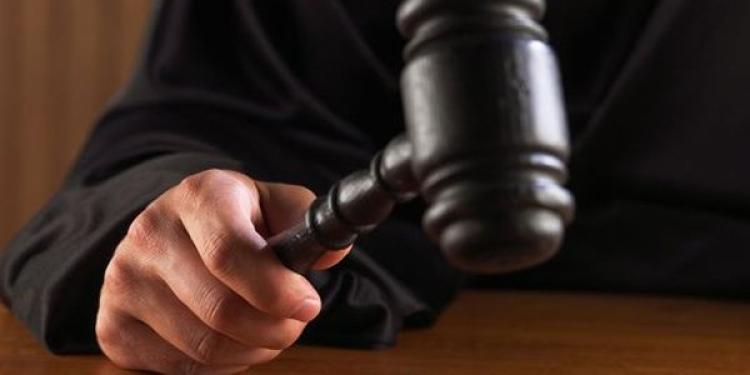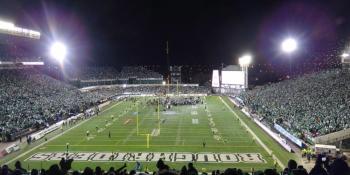Detroit Is Entitled to Casino Revenues, Judge Rules
Posted: July 15, 2014
Updated: October 4, 2017

The already complicated case of Detroit’s bankruptcy is becoming more entangled as bond insurer fights to get its money back.
Last year, when Detroit filed its bankruptcy case, officials knew what was coming: a long and painful battle with everyone from major banks to unions. But who knew that the city’s most persistent rival would end up being a small bond insurer that represents a mere 5% of the city’s total debt?
With about $400 million at stake, bond insurer Syncora Guarantee Inc is leading a fierce fight against the city and has tried to block the city’s access to casino-tax revenue, funds to repair streetlights, as well as the city’s settlement with two major banks. So far, the company had little success in getting what it was after.
All about the money
Detroit’s biggest casinos are:
• MotorCity Casino Hotel
• Greektown Casino
• MGM Grand Detroit Casino
It might be complicated and difficult to understand, but municipalities can file for bankruptcy too. And this is exactly what happened to Detroit.
When a city defaults on insured bonds, the company offering the insurance becomes directly responsible for interest, as well as for principal payments to bondholders. Of course, the bond insurer is entitled to do everything that stands in its power to recover the money from its debtor. Or at least as much of it as possible.
A report published in March by Raymond James said that six bond insurers are now Detroit’s biggest creditors. According to recent gambling news, these companies have previously backed payments on $6.1 billion of the city’s debt.
Last July, Detroit filed the biggest municipal bankruptcy in the history of the US. Since then, Syncora has objected to every move officials took to salvage whatever they can, in a fierce attempt to recover part of its $400 million stake.
Federal judge sides with Detroit
Syncora’s latest attempt at squeezing some money out of the ruined city of Detroit includes a federal case where the company tried to block the city’s access to tax revenues from the local casino market. With American gambling laws awarding states a certain percentage of casino revenues, the local industry generated a total of $15 million per month for Detroit.
Another federal trial in bankruptcy court is scheduled for mid-August, but for now, the bond insurer had little success in its endeavors, as the federal judge ruled on Friday that Detroit was entitled to the $15 million per month tax income. Authorities have argued the money could be used to settle some of the municipality’s debts in bankruptcy.
But Syncora Guarantee is not satisfied with the judge’s ruling and said it would appeal the decision as soon as possible to the United States Court of Appeals for the Sixth Circuit, hoping that the matter will be resolved by mid-August, when Detroit will start seeking court approval for its bankruptcy.
If the insurer gets its way, Detroit’s planned exit from bankruptcy will have to suffer a few changes, as the city will have less money at its disposal to distribute to its many creditors.
The war continues
Meanwhile, Detroit’s emergency manager Kevyn Orr has been trying to speed up things, hoping to restore some sort of normalcy in the city. Officials are struggling to give locals a reason to stay in the city and try to rebuild everything.
The dispute with Syncora over casino taxes grew out of a transaction made in 2005, when the city borrowed $1.4 billion for its pension system. This debt was the first thing Detroit defaulted on and the whole issue ended in a $400 million deficit for the insurer. Detroit was going to use the casino tax revenue to partially pay back the Bank of America and UBS.
For a year now, the lawyers representing Syncora and Detroit have travelled between federal and appellate courts in Michigan, New York and Ohio, both claiming that the tax money was rightfully theirs.
For now, Detroit has won one of the battles, but the war is not over yet. Win or lose, Detroit still has a lot of debts to take care of, but Syncora is determined to do whatever it takes to make sure it is among the first companies to recover its money.












